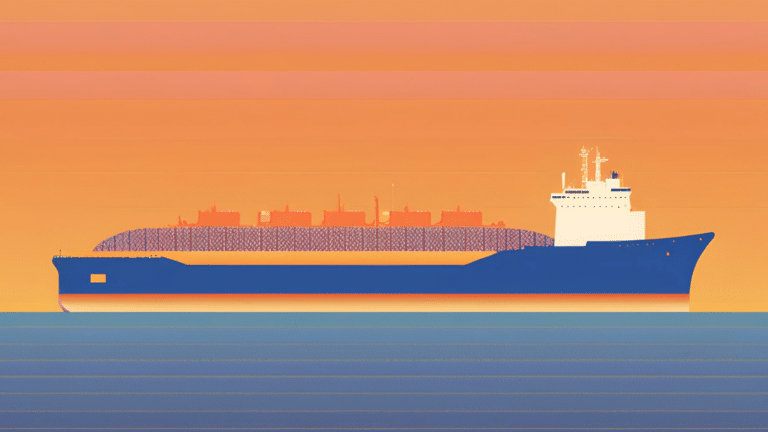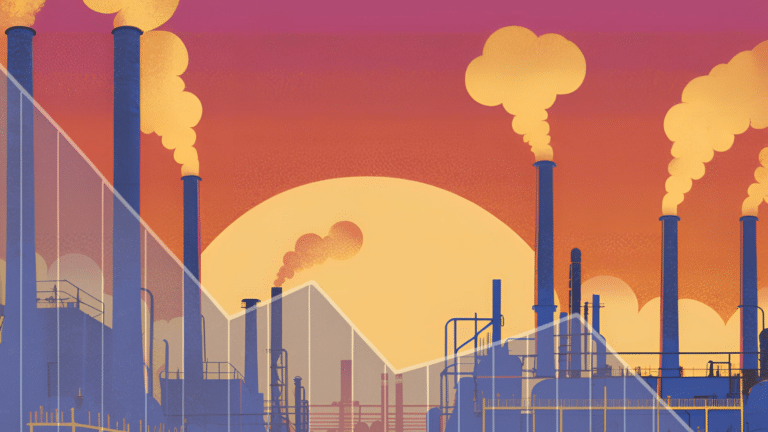Power prices are expected to soar under new tax cut and spending law
In states without policies to drive renewable energy, power prices could surge as federal tax incentives for clean energy disappear, according to Energy Innovation, a think tank.
Current Access Level “I” – ID Only: CUID holders, alumni, and approved guests only
A rocky pandemic recovery, Russia’s invasion of Ukraine, and increasing social and consumer pressure to move away from Russian commodities have led to a spike in oil, natural gas, and even coal prices.
For a look at how commodities should be regulated and how policymakers think about energy supplies in a fractious geopolitical environment, host Jason Bordoff spoke with Javier Blas from Bloomberg News. He’s a leading energy columnist and commodities expert with a renowned career at top media outlets like the BBC and the Financial Times.
He’s also the author of a new book: “The World for Sale: Money, Power, and the Traders Who Barter the Earth’s Resources,” co-authored with senior Bloomberg News reporter Jack Farchy.
The pair have been on the show previously to discuss the book in detail, which you can listen to here. They also participated in a recent event with Maria Jelscu Dreyfus, CEO and Founder of Ardinall Investment Management which you can watch here.
In this discussion, Javier focuses on the implications of the current war for commodities markets and the global clean energy transition.
Many parts of the US have experienced brutal, deadly heat in recent weeks—and there’s plenty of summer left. Intense rainfall, made more likely by warming, dropped more than...

Artificial intelligence is transforming our world—and the energy sector. Earlier this year, the International Energy Agency (IEA) released a comprehensive report examining both AI’s projected energy demands and...

The global energy landscape is shifting right now. Geopolitical tensions in the Middle East, debates about peak oil demand, and waning support for climate action in some parts...

Just two days after President Trump deployed America’s military to attack Iranian nuclear development sites, a shaky ceasefire between Israel and Iran brokered by President Trump emerged. So...

China’s dependence on the energy supplies that move through the Strait of Hormuz makes it especially vulnerable to any possible closure of the waterway by Iran in retaliation for attacks by Israel and the United States.

The conflict between Iran, Israel, and now the United States has yet to disrupt energy supplies to global markets.

Calls to "Drill, baby drill" are back with Donald Trump's return to the White House, and for US natural gas production, the catchphrase might also be a necessity over the next three years if demand for the fuel grows as steeply as expected.

China’s demand for oil, long an important driver of global oil demand growth, slowed dramatically during January–September 2024.
